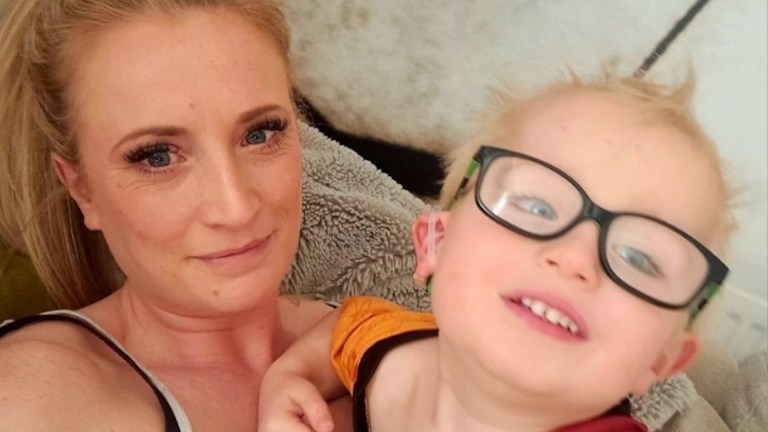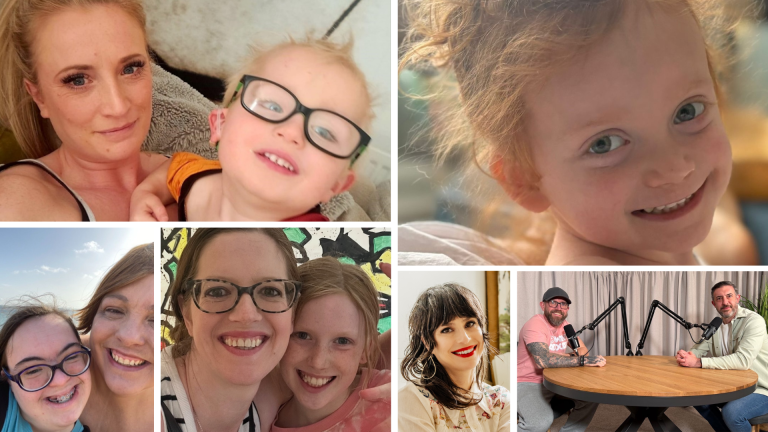So, if your childcare costs are £750 per month, for example, this would mean you pay £600 into your childcare account and the government pays in £150. This would be an annual saving of £1,800 per child.
Your support changes lives. Find out how you can help us help more people by signing up for a subscription
How do I know if I am eligible for tax-free childcare?
You are only eligible for tax-free childcare if you do not receive help with childcare costs through universal credit, tax credits or childcare vouchers.
Opening a tax-free childcare account will mean you stop getting paid all of your benefits. If you receive universal credit and want to know more about accessing childcare, you can read here for more information.
If you are not receiving these benefits, then you can access tax-free childcare if you and your partner (if you have one) are both working in the UK. This includes self-employed people.
You can still be eligible if you’re not working if you are on sick leave or annual leave, or if you are on shared parental, maternity, paternity or adoption leave and you’re going back to work within 31 days of the date you first applied.
Advertising helps fund Big Issue’s mission to end poverty
Similarly, you may still be eligible if your partner is working and you receive incapacity benefit, severe disablement allowance, carer’s allowance or contribution-based employment and support allowance. You can apply if you’re starting or re-starting work within the next 31 days.
You are eligible if, over the next three months, you and your partner (if you have one) each expect to earn at least £2,167 if you’re aged 23 or over, £2,117 if you’re aged 21 or 22, £1,557 if you’re aged 18 to 20 or £1,098 if you’re under 18 or an apprentice. This is the National Minimum Wage or Living Wage for 16 hours a week on average.
If you’re self-employed and started your business less than 12 months ago, you can earn less than this and still be eligible for tax-free childcare.
You will not qualify for tax-free childcare if either you or your partner, each individually expect to earn £100,000 or more.
If you are applying for tax-free childcare, but someone else already gets free childcare for that child, their 15 or 30 hours will stop at the end of the next term. You then will be eligible for 15 or 30 hours of free childcare instead.
How do I know if my child is eligible for tax-free childcare?
To receive tax-free childcare, your child must be 11 or under and usually live with you. Your child will no longer be eligible on 1 September after their 11th birthday.
Advertising helps fund Big Issue’s mission to end poverty
Adopted children are eligible, but foster children are not.
If your child is disabled and usually lives with you, you may get up to £4,000 a year until 1 September after their 16th birthday. They are eligible if they already get disability living allowance, personal independence payment or armed forces independence payment. If they are certified as blind or severely sight-impaired they also qualify.
Get the latest news and insight into how the Big Issue magazine is made by signing up for the Inside Big Issue newsletter
What childcare costs does tax-free childcare cover?
To have your childcare covered by tax-free childcare, your provider must be registered with Ofsted.
This includes registered childminders, nurseries, nannies, after-school clubs and playschemes, schools or home careworkers working for a home care agency. This also includes holiday clubs, after-school clubs and breakfast clubs.
Your childcare provider must be signed up to the scheme before you can pay them and benefit from tax-free childcare.
Advertising helps fund Big Issue’s mission to end poverty
Is tax-free childcare based on my immigration status?
You will only qualify for tax-free childcare if you have a national insurance number.
Along with this, you must have either British or Irish citizenship, settled or pre-settled status, or you have applied and are waiting for a decision. You also can qualify if you have permission to access public funds – your UK residence card will tell you whether you can do this.
Your partner (if you have one) must also have a national insurance number.
If you are a frontier worker, living in an EU country, Switzerland, Norway, Iceland or Liechtenstein, you, or your partner (if you have one) might still be eligible for tax-free childcare if your work is in the UK, the work started before 1 January 2021 or if you’ve worked in the UK at least once every 12 months since you started working here.
How do I sign up for tax-free childcare?
If you meet all of the eligibility requirements, you can apply for tax-free childcare on the government website.
It takes 20 minutes, and you will need to provide your national insurance number, unique Taxpayer Reference (UTR), if you’re self-employed, the UK birth certificate reference number (if you have one) of any children you’re applying for and the date you started or are due to start work (this can be approximate if more than three months ago).
Advertising helps fund Big Issue’s mission to end poverty
This will reveal if you are eligible, and you’ll also find out if you’re eligible for 15 or 30 hours free childcare. You may find out immediately, but it can take up to seven days.
You can pay your provider with money from your account once the money is shown as ‘cleared funds’. Payments should show in your provider’s account within 24 hours, depending on their bank.
You must reconfirm your details are up to date every three months, and you will be given timely reminders to do so.
However, If you don’t reconfirm by your deadline, and your childcare bill is due, you will have to pay the amount in full without the 20% top-up from the state. It will still be possible to confirm your eligibility after the deadline, but you may not receive all top-ups as the system has to update.
What other help is available?
The best way to find out about affordable childcare options in your area is to visit your local council’s website. Council activity groups are quite often free or cheap. Your council may offer discounts if your child attends for a full week or subsidies for low-income families.
They may also run holiday activities and food programme to support low-income families when the children are on school holidays. This provides “healthy food and enriching activities” to children who are eligible for free school meals.
Advertising helps fund Big Issue’s mission to end poverty
You may also be eligible for help with childcare if you receive universal credit. Through this claimants can receive up to 85% of childcare costs back, and now some eligible parents can claim their payments upfront – meaning they will not have to wait to have their costs repaid.
Parents of children under 17 receive up to £951 per month for one child or up to £1,630 per month for two or more children.
Find out more about tax-free childcare, universal credit and free childcare schemes through the Childcare Choices website.
Do you have a story to tell or opinions to share about this? We want to hear from you. Get in touch and tell us more.









